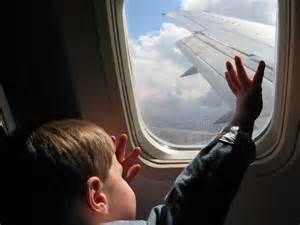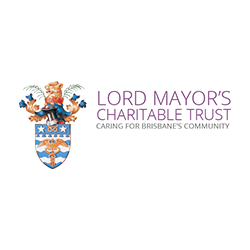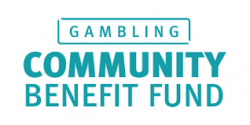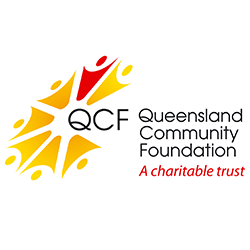
It is essential you and your family have the opportunity to spend quality time together away from the hustle and bustle of everyday life and leave the work stresses at home. However, it’s no secret holidaying with a child with autism can present a new level of challenges. From the outset, some children with ASD have difficulty with changes in routine, therefore making unusual transportation such as a plane, train, boat or longer car trips more difficult. For these families, simply the thought of coordinating a holiday can be overwhelming and stressful, meaning the idea is soon put in the ‘too hard’ basket.
At AEIOU, we want every family to achieve that successful holiday, which is why we’ve compiled a list of tips for travelling with your child, as well as teaching you how to plan and set goals to work through with your team of therapists before you set off.
Preparation is key
- Bring lots of their favourite items (isolate access to these preferred items before you take your trip to help maintain their value to the child)
- Take lots of snacks and highly desired foods items (highly desirable goodies can be provided when your child is exhibiting the behaviour you want to see, snacks to prevent hunger)
- If your child has a preference for an electronic item, ensure they are fully charged and have a backup charger
- You may need to pack headphones if you are travelling with members of the public
- If you can book seats in advance, choose the options which offer more room for children
- Dietary requirements may need to be considered, which means you may want to review menus in advance
- If your child has a prescription, ensure you have enough supplied for the duration of the holiday
- Practise with your child to wait in line
- Research portable family games and teach them how to play before commencing your travel, i.e., connect four, magnet snakes and ladders
- If you are travelling through crowded places, write your mobile number on your child’s arm in case they become separated from your group
- Be prepared to tune out the inevitable stares from members of the public if your child screams/tantrums, and
- Practice your coping strategies when things don’t go to plan and your child is not following directions. You will also need to practice following through on the request before you go on holidays to make you feel more confident dealing with difficult situations that arise.
Your child’s participation in the holiday
Holidays often involve some form of outdoor time or a non-routine activity, where your child may be required to participate in unfamiliar or unusual tasks. It's a good idea to review your holiday activity plan and which steps are involved to achieve these tasks, and you may want to test these out before you leave. For example, consider: Will my child accept wearing a sun hat? Will my child apply or allow me to apply sunscreen easily? Will my child tolerate wearing a life jacket for a long period of time? Is my child ok with eating food in different places, including outside or among crowds? You will need to think about what activities you will be asking your child to complete, and the skills they might need to acquire. This may seem like a lot of things to consider but in doing so you can create a clear action plan and set your family up for a successful holiday. Here is how you can formulate a clear action plan:
What to do?
- Plan, plan and more planning… write a list of activities, then write out what clothing and safety equipment will be needed to participate in that activity/task
- Test out these items with your child. Remember, don’t push if they resist!
- Break down the task into small achievable steps, i.e., hat on head for 1 second, then increase to 2 seconds, providing a highly desirable reward for successful hat wearing
- Take note of any difficulties or protest behaviour you observe and at what point the resistance was first noticed
- Record how long they tolerated the item before becoming distressed, and
- Talk to your therapist and discuss any issues.
Even with all the preparation in the world, it may not go the way you expect, but with more solid planning, you can confidently deal with the unexpected. Remember, the more exposure your child has to non-routine experiences, the more likely they are to learn to tolerate them. Be sure to meet with your child’s team if you require individualised support. We will be able to develop a systematic tolerance program or desensitisation program tailored specifically for your child’s needs in order to achieve success.
About the author: Claire McIvor is a Program Coordinator (Senior Behaviour Therapist) with AEIOU Foundation. She's been with the organisation since 2013 and before joining, worked at an early intervention centre in Boston, the New England Centre for Children (NECC), while completing her thesis in applied behaviour analysis. She has also worked with adults with ASD in the disability sector in Ireland.
Tags: Autism, Holidays, Travelling, Families, AEIOU Foundation


































